Fine Motor Skills Easy Worksheets for Ages 5-8 - Page 4
82 filtered results
-
From - To
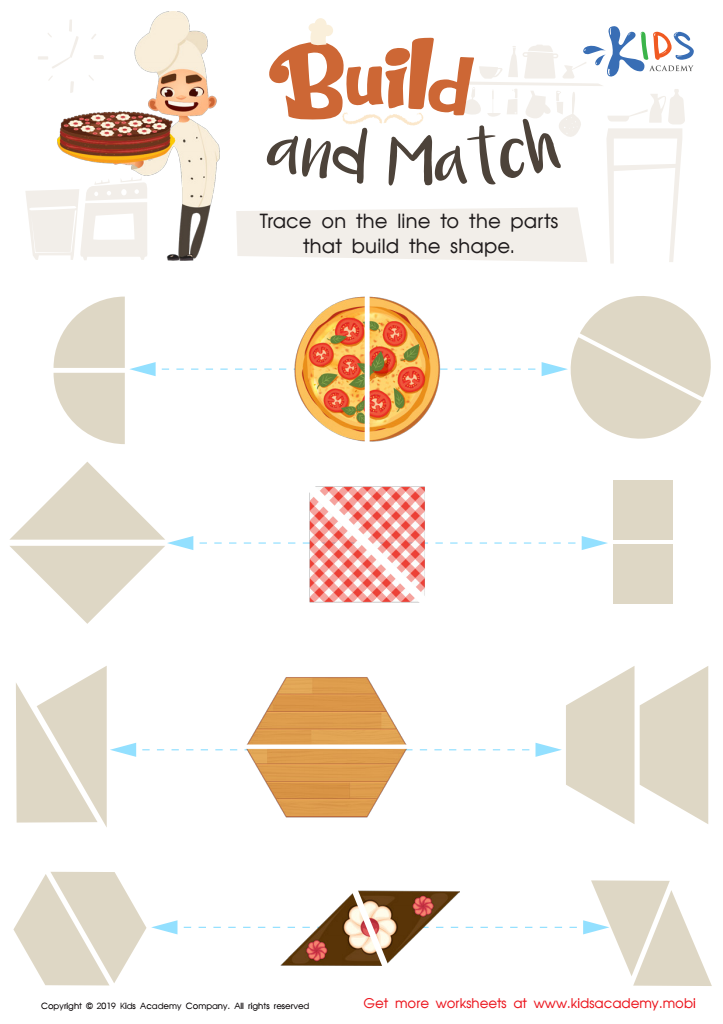

Build and Match Worksheet
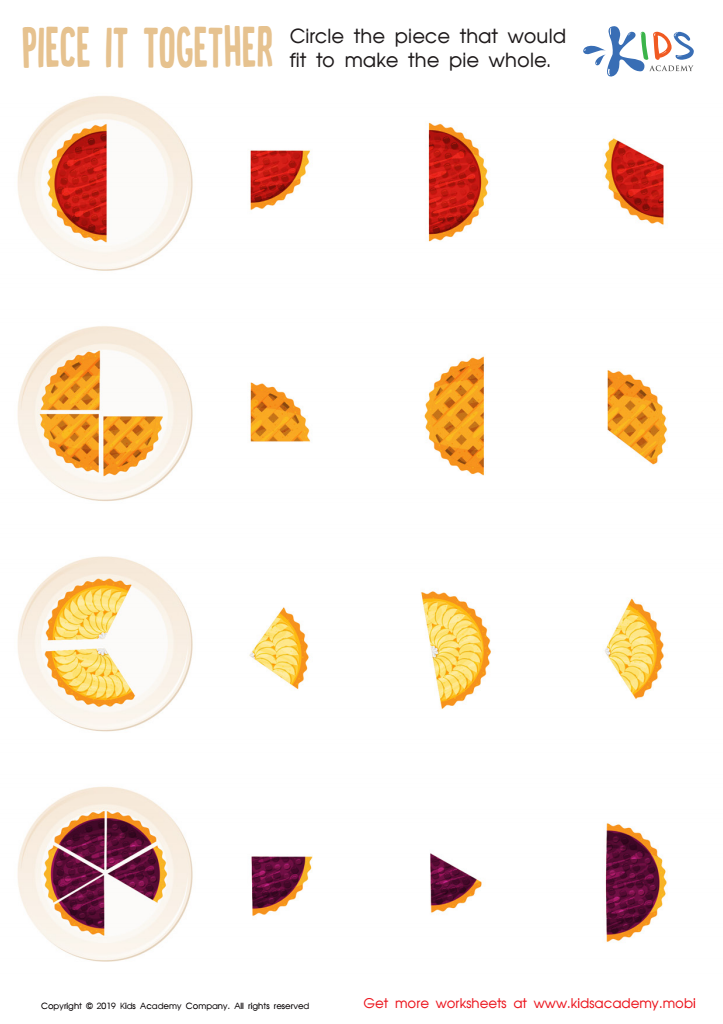

Piece it together Worksheet
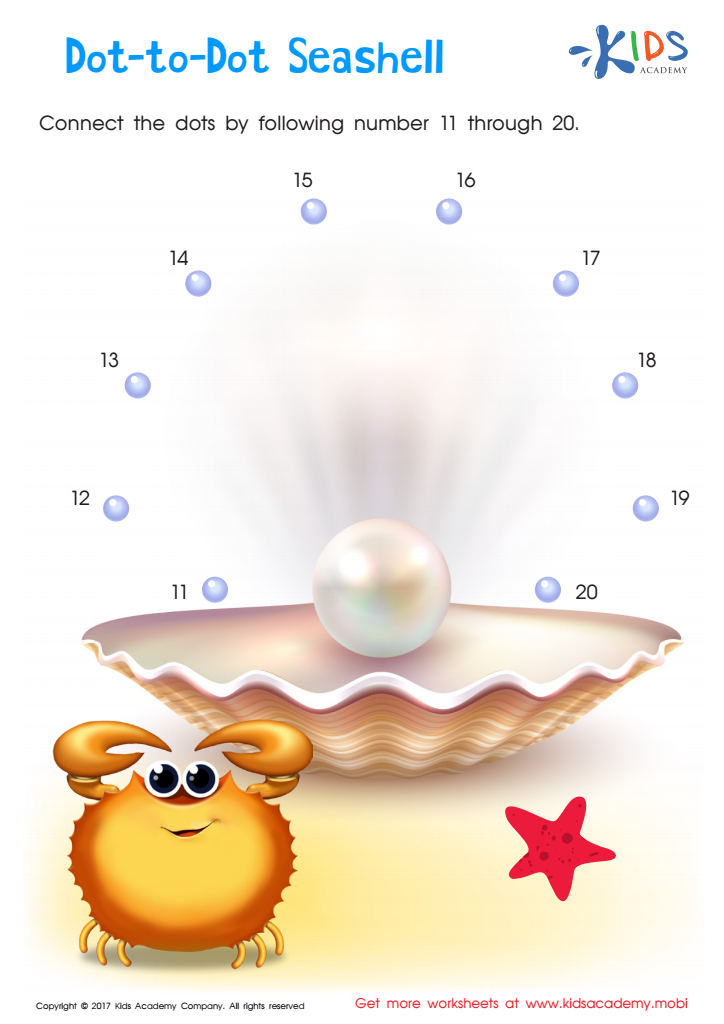

Ordering 11–20: Dot–to–dot Seashell Printable
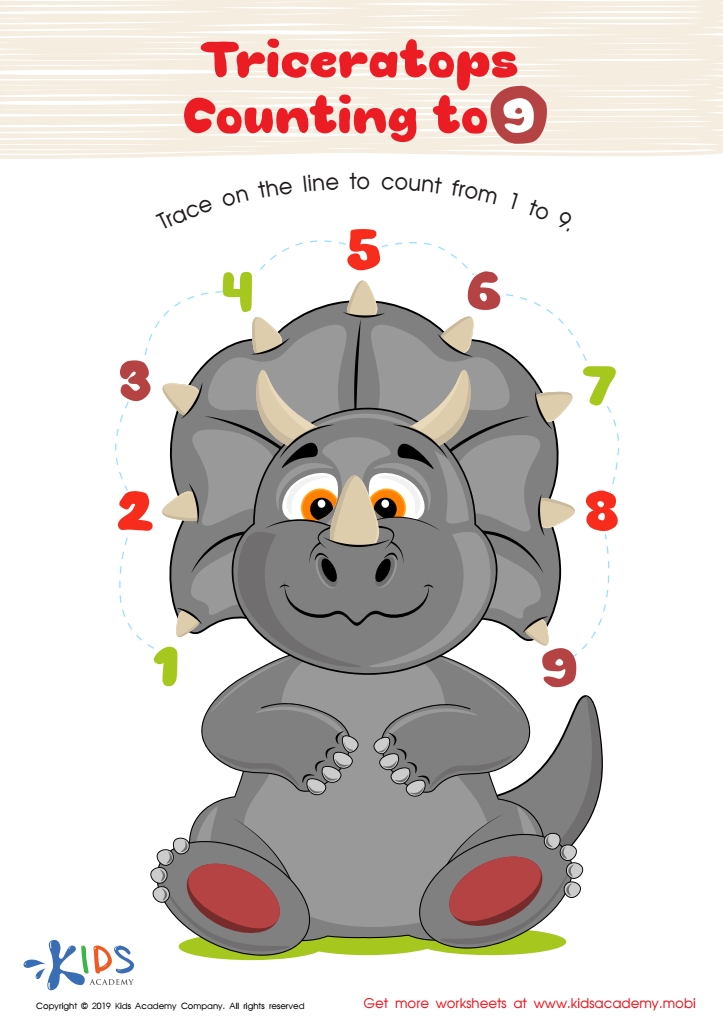

Triceratops Counting to 9 Worksheet


Counting on the City Skyline: Dot-to-Dot Worksheet
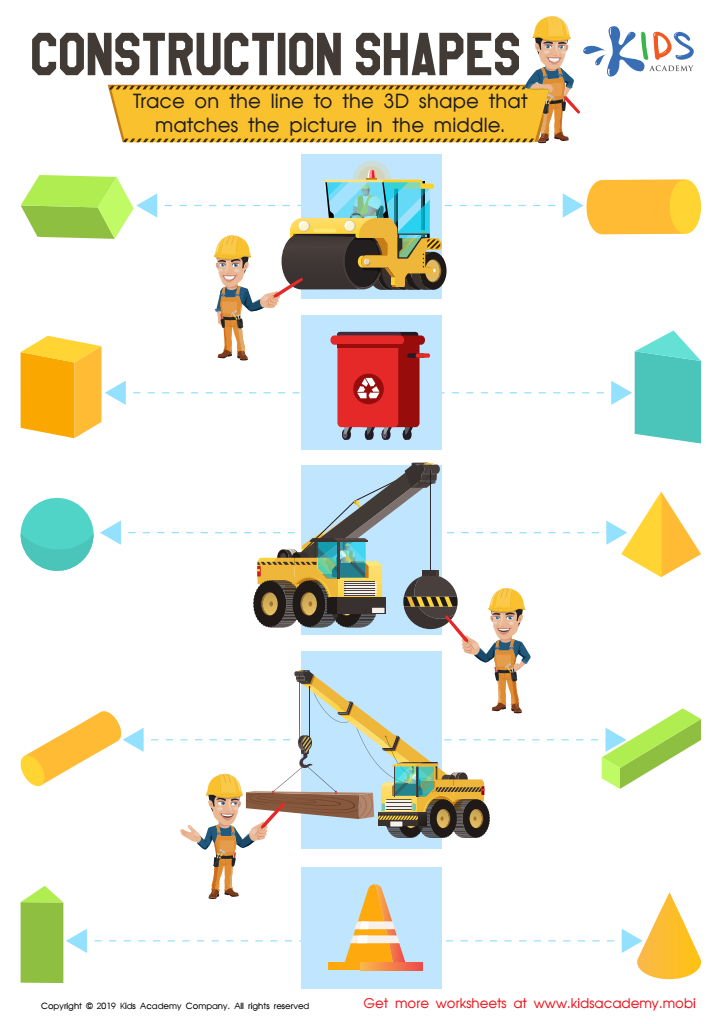

Construction Shapes Worksheet
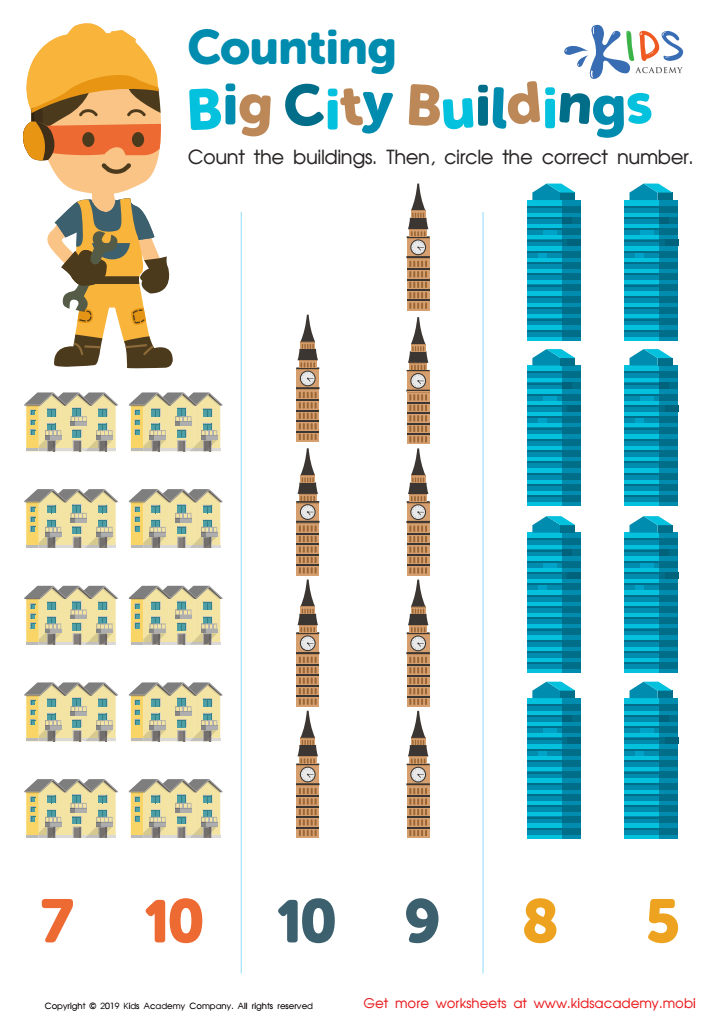

Counting Big City Buildings Worksheet


Night Sky Numbers Worksheet
Fine motor skills are essential for children's everyday activities and play a crucial role in their cognitive and physical development. For parents and teachers of children aged 5 to 8, nurturing these skills can facilitate greater independence and confidence as children tackle various tasks, from writing to tying their shoelaces.
Strong fine motor skills contribute to better hand-eye coordination, enabling kids to engage more effectively in activities like drawing, cutting, and manipulating small objects. As these skills develop, children can express their creativity through art projects and improve their academic performance through writing and hands-on learning.
Moreover, fine motor skills are linked to brain development, particularly with tasks that require concentration and precision. By focusing on these skills, educators and parents can foster problem-solving abilities and critical thinking.
Supporting fine motor skill development also prepares children for future tasks, such as using tools in science experiments or technology in the classroom. Engaging in fun, age-appropriate activities like crafting, puzzles, or building blocks can make the process enjoyable while building key skills. Understanding the importance of fine motor development empowers adults to create enriching environments that enhance children's overall growth and readiness for future challenges.
 Assign to My Students
Assign to My Students

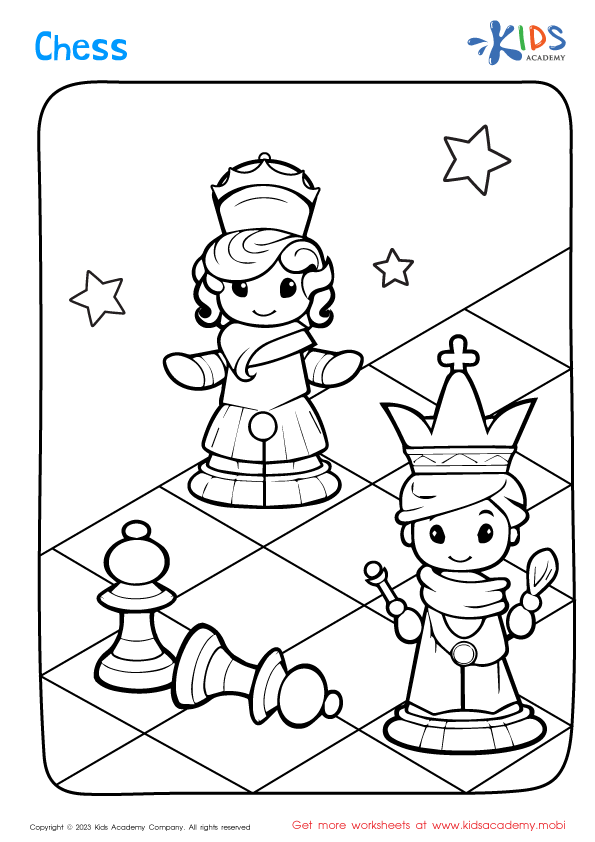

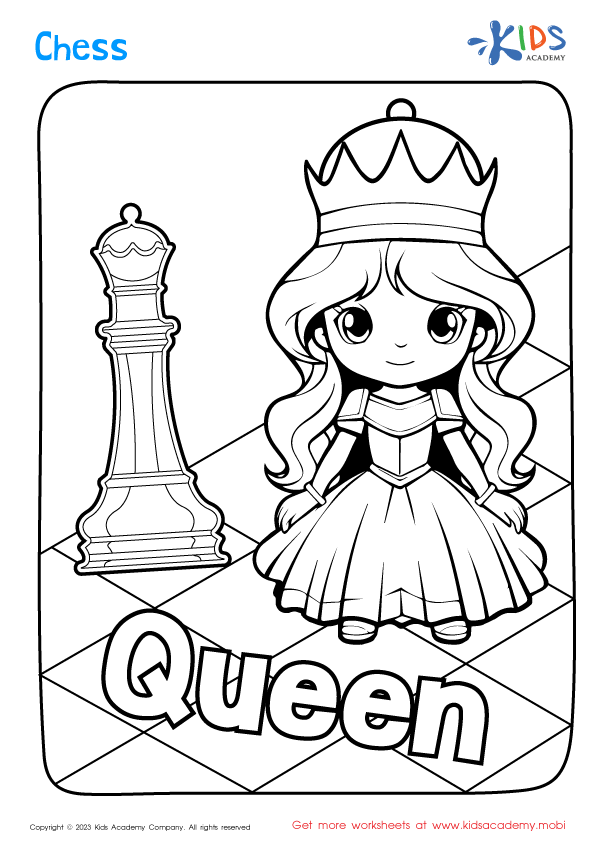




.jpg)

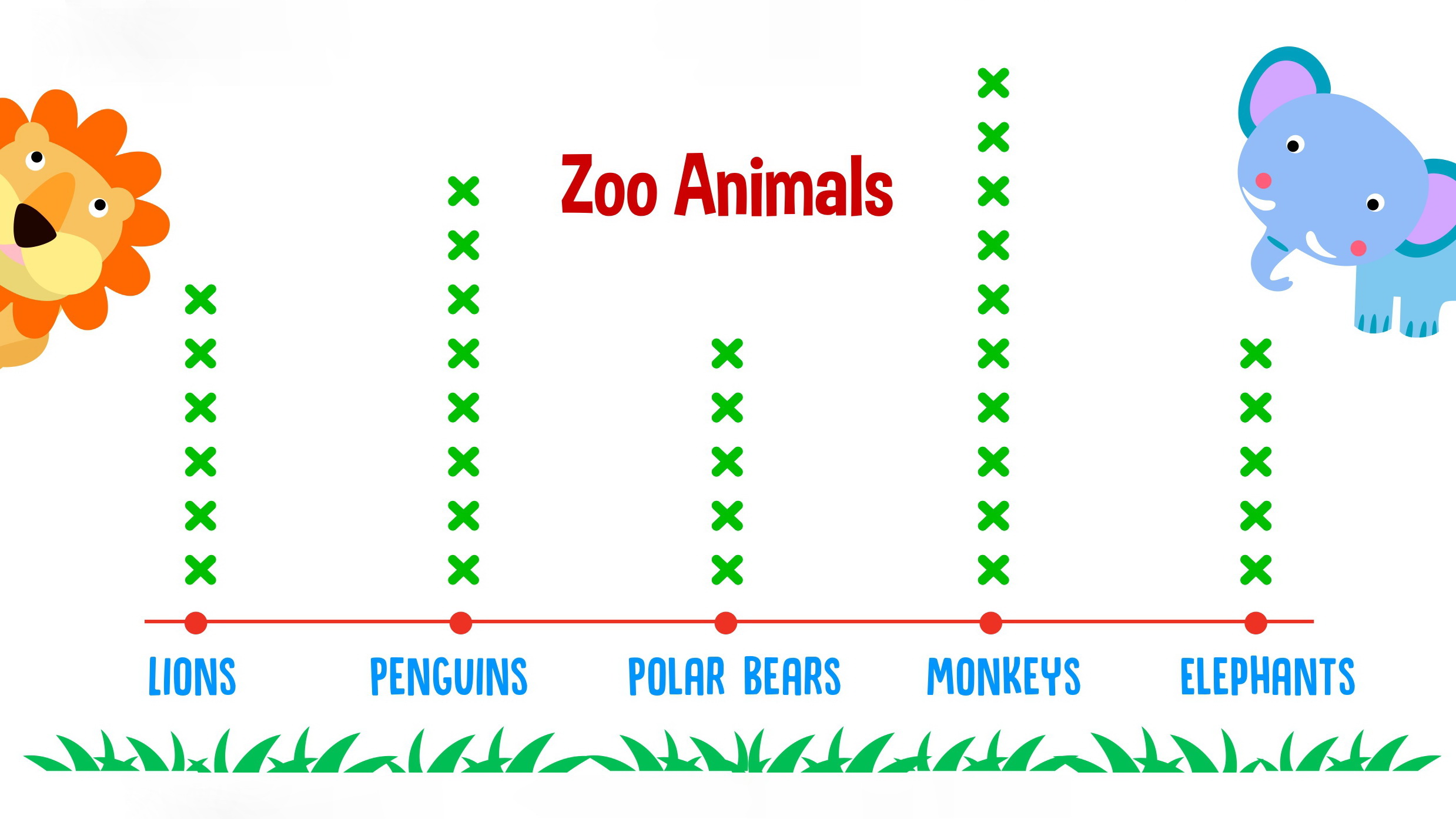

.jpg)











